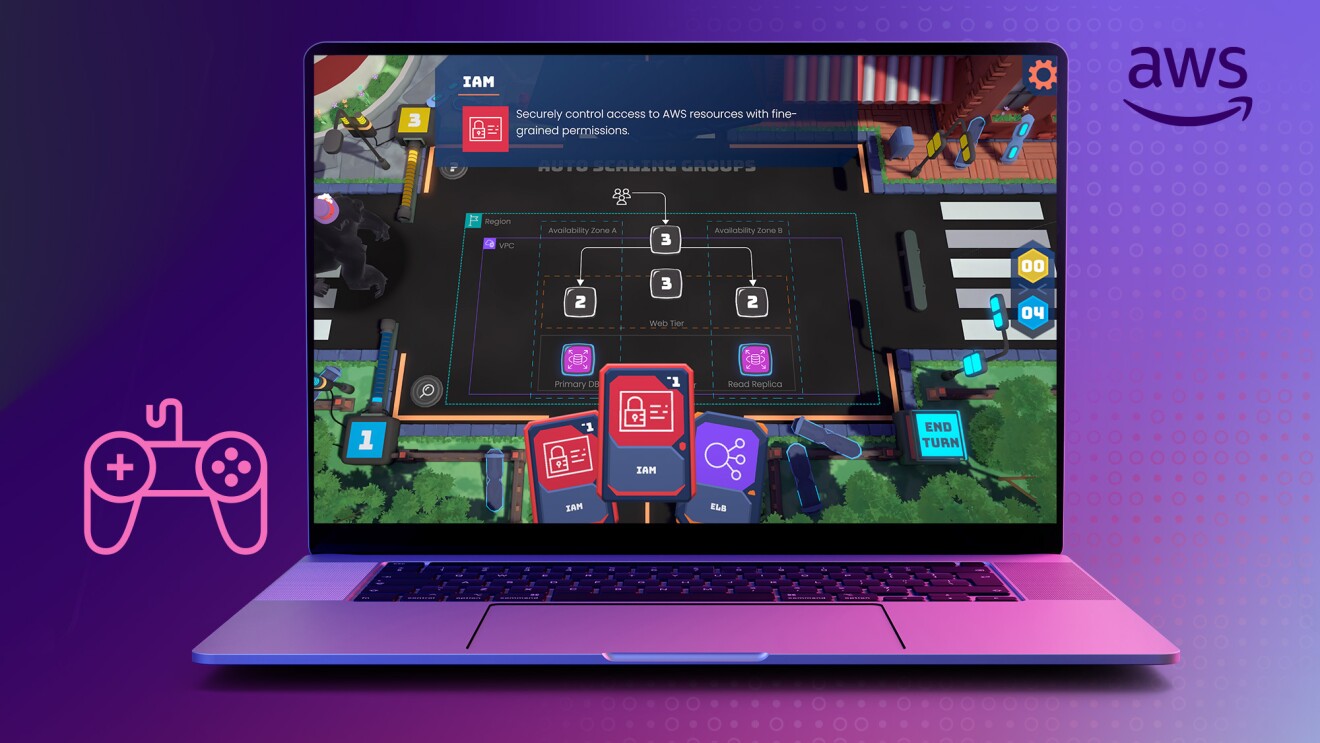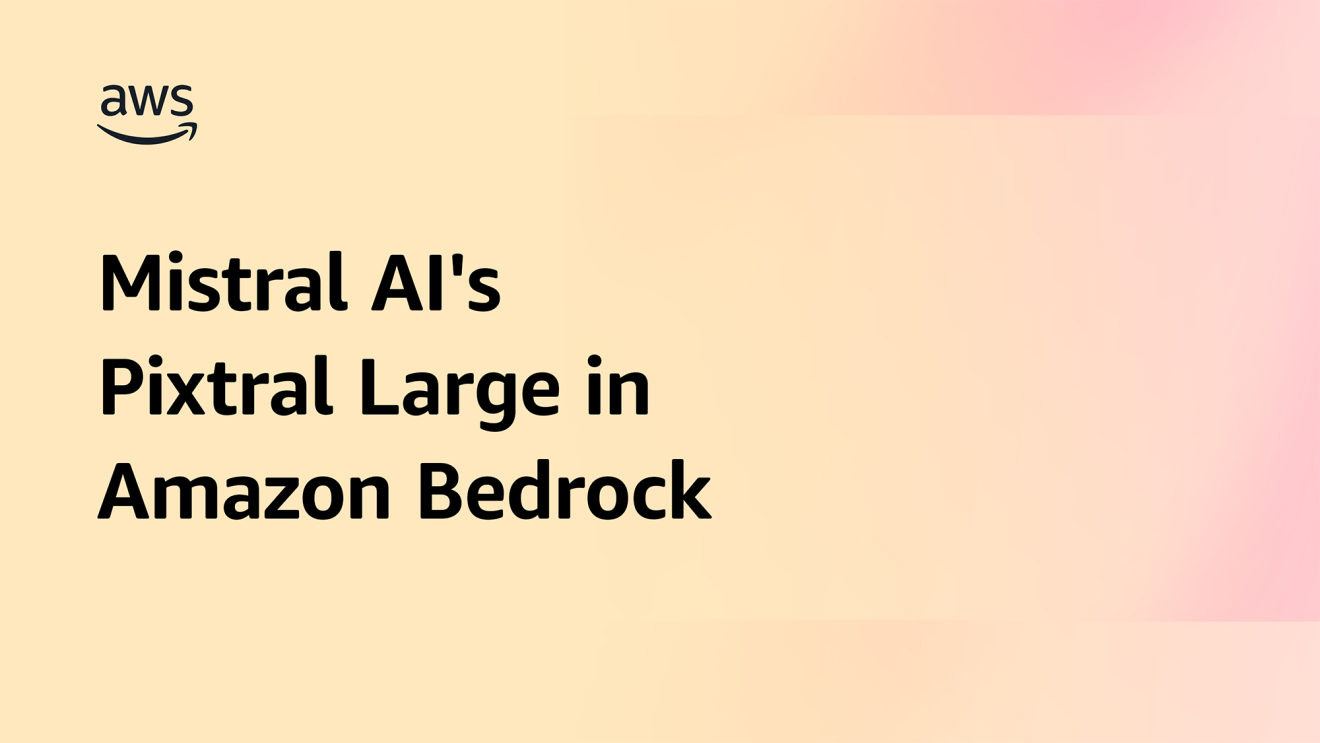Vani Agarwal grew up just 30 miles from Delhi, India. But moving for school from her hometown of Hasanpur (population 83,000) to the capital region of more than 32 million was a huge deal for her and her family.
“I stepped out of my comfort zone,” Agarwal said of her move to Delhi to pursue a computer science degree. “It was overwhelming at first. Growing up, we could not get any computers or laptops, and there was no exposure to technological careers. I felt like I was really far behind.”

It wasn’t until the pandemic hit when lockdown offered Agarwal the quiet time she needed to build her confidence and feel more comfortable in her studies. This was also when she discovered machine learning (ML)—and an AWS AI & ML Scholarship program that would help her do a deep dive on the subject.
In 2022, the AWS AI & ML Scholarship program, a partnership with Udacity, gave 2,000 underrepresented and underserved students access to the AI Programming with Python Udacity Nanodegree, a project and skills-based education credential program. The four-month virtual program offers students a background in artificial intelligence (AI) fundamentals and exposure to the kinds of real-world problems that ML solves.
The program’s access to study sessions and conversations with industry mentors gave Agarwal clarity on how to focus her future studies.

“Without the AWS AI & ML Scholarship program, I wouldn’t have gotten this deep into AI,” Agrawal said. “The field is so intimidating. It can be scary to dip your toes into it. The program definitely pushed my boat into those deep waters.”
The scholarship program’s project-based learning approach also gave Agarwal the practice she needed to pass her technical interview for another opportunity—a software development engineer internship for Amazon Music. She landed the internship last fall, and since January, Agarwal has been exploring a new big city—Bangalore, India, where her new role is located.
As she plots the next steps for her career after her internship and graduation, Agarwal spends time mentoring young women on their professional futures. She often speaks with others who come from small towns like hers and are seeking advice on how to advance their studies.

“I constantly try to go out and talk to girls who are confused about what to do in life,” Agarwal said. “It gives me satisfaction when someone tells me about their goals and I can affirm them, because I did not get that affirmation myself.”
Here are three top tips Agarwal shares with students seeking careers in technology:
- Keep your resume updated and typo free. “I advise my mentees to always keep their resume clean and up to date,” Agarwal said. “Your resume represents you. Even before you go to the interview, the hiring manager or the recruiter looks at your resume and decides if they are going to consider you or not. Your resume is very important.”
- Apply, apply, apply—and be open to feedback. Agarwal recommends applying for any job that remotely strikes an interest. Even if you don’t land a specific role, “it’s always a good experience getting feedback from a recruiter because that feedback helps you to see your mistakes and improve on them.”
- Seek out new opportunities by learning new skills. “It's very important to be up to date on whatever trends are going on in the particular technology field you are working in, so you are not stumped when someone asks you a question,” Agarwal said. “As a software engineer, you should always be open to working on technologies you haven't worked on before. That's how you grow.”
Trending news and stories
- Amazon unveils 7 new robots powering faster, safer deliveries: Go inside our most innovative delivery station yet
- Introducing Vulcan: Amazon's first robot with a sense of touch
- This new AI tech will make sorting packages easier for Amazon's delivery station employees
- 15 photos from Project Kuiper's first launch of low Earth orbit satellites









